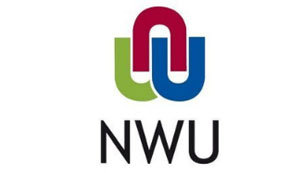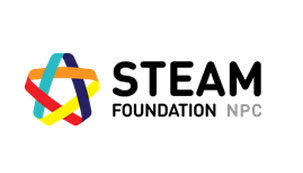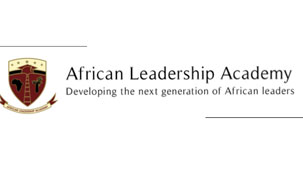STEM education in South Africa
“Educating all of our children must be one of our most urgent priorities. We all know that education, more than anything else, improves your chances of building better lives.” Nelson Mandela’s groundbreaking quote still applies to the challenges facing South Africa, a country with vast economic potential and a lively, young, and promising civil society – assuming they receive the right support and education.
Education in South Africa
Educational justice; developing technological and innovation skills; and creativity and critical thinking are cornerstones of South Africa’s National Development Plan 2030. Siemens Stiftung supports this development and has been working for cooperative and value-based STEM education in South Africa since 2012.
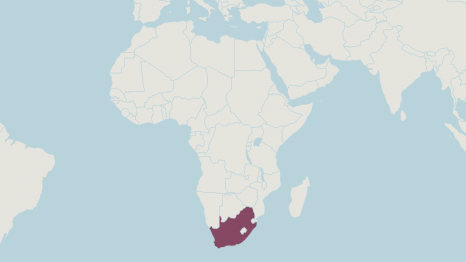
- Three-tiered education system Primary school (7 years), secondary school (5 years), and higher education (colleges and universities).
- Education spending: 6.1% of GDP (2014)
- WEF Ranking Maths and Science: 140 out of 140 (2016)
- Important issues: Encouraging social coexistence and equal education for all; reducing youth unemployment
Our engagement in STEM
The Siemens Stiftung supports the educational goals of the National Development Plan. Since 2012, it has been committed to cooperative and value-oriented STEM teaching in South Africa:
International educational program Experimento
South Africa is among the first countries where Siemens Stiftung was active with the international education program Experimento. Together with our partners, we focus on methodic training for teachers and the practical implementation of Experimento in the classroom. Sustainable and creative STEM education for all forms the foundation of our work, in addition to teaching key skills needed for living and working in the digital age.
Design Thinking in STEM
To encourage skills such as creative problem solving, innovative ability, and critical thinking – known as 21st Century Skills – Siemens Stiftung has expanded its international educational program to include STEM and creativity. The Design Thinking in STEM program is a collaboration with The Index Project. The kick-off workshop took place in February 2019 in Cape Town with predominantly South African teachers from Siemens Stiftung’s STEM network. The project incorporates the Sustainable Development Goals (SDGs) into creative processes in STEM lessons.
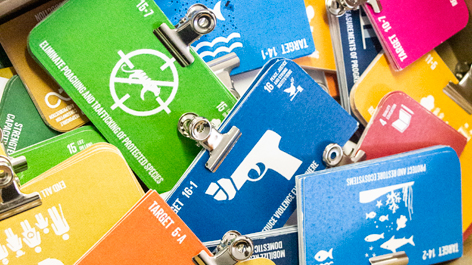
Design thinking – our way to a sustainable future
The nonprofit STEAM Foundation
Don’t give away potential, use it! Since 2017, the independent nonprofit STEAM Foundation has strengthened science education and Experimento in South Africa. The teacher training courses offered in cooperation with the University of Cape Town (UTC) are now certified as an official continuing education tool in accordance with guidelines set by the South African Council for Educators (SACE). These are prime conditions for providing young people in South Africa with a new outlook on the future and for encouraging a conversation in society about science and technology.
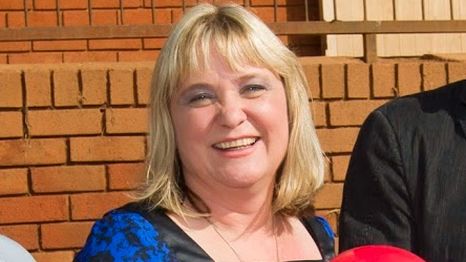
»Implementing STEM in a creative, solution-oriented way is a contribution toward societal development.«
Mandela School of Science and Technology
Opening a secondary school in his hometown of Mvezo in South Africa’s Eastern Cape province was very important to Nelson Mandela. In January 2014, the Mandela School of Science & Technology opened as the first secondary school in the region. Since then, there’s been a special partnership between Siemens Stiftung and the school, which has implemented Experimento. We also cooperate with the African Leadership Academy, a local organization that joins the school in the pursuit of equal opportunity through education.
Christine Niewöhner
christine.niewoehner@siemens-stiftung.org
+49 89 540487 119
Background material
Kooperation international – An initiative by Germany’s Federal Ministry of Education and Research
Country’s information portal of the Deutsche Gesellschaft für internationale Zusammenarbeit (GIZ) GmbH







